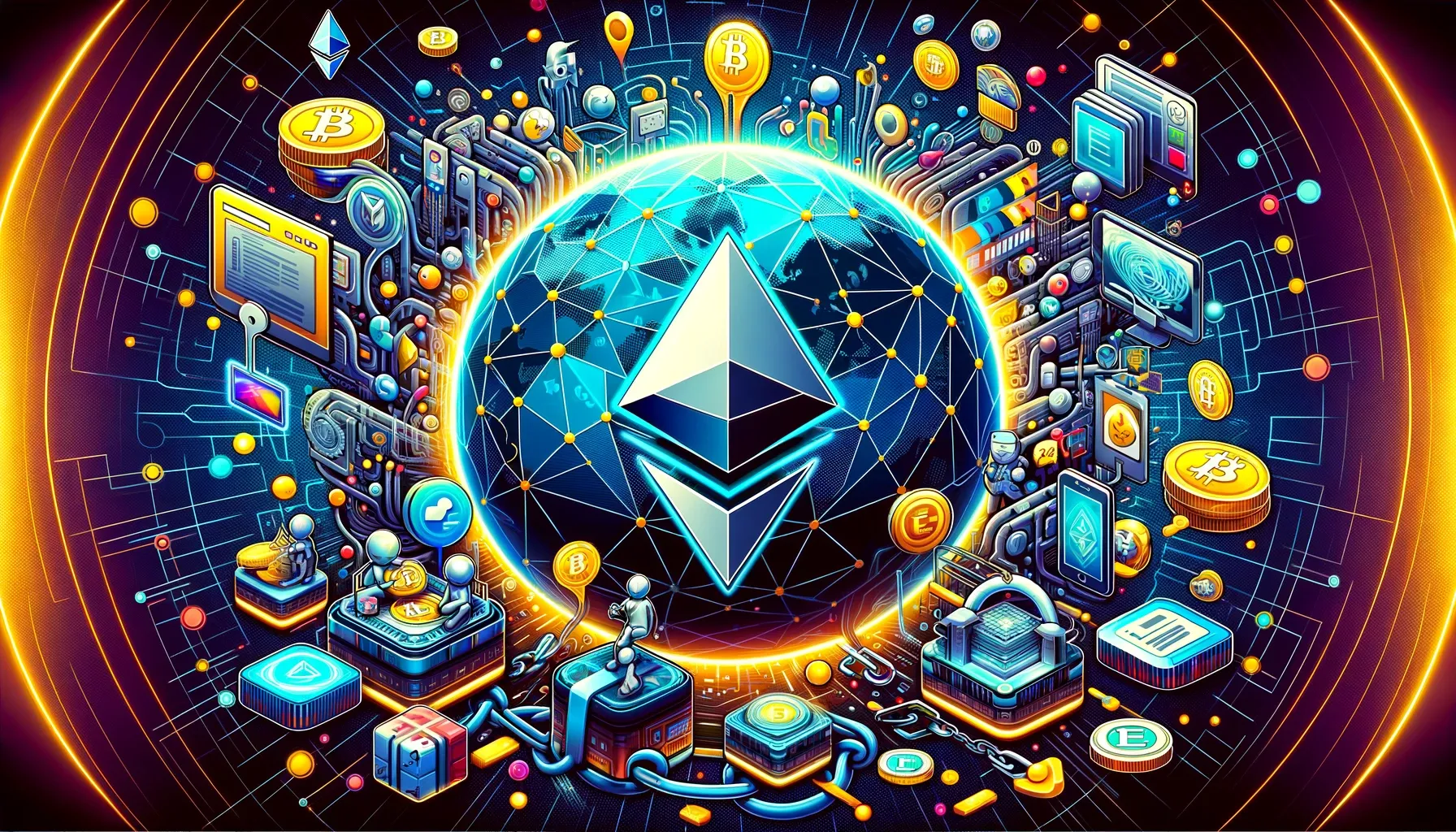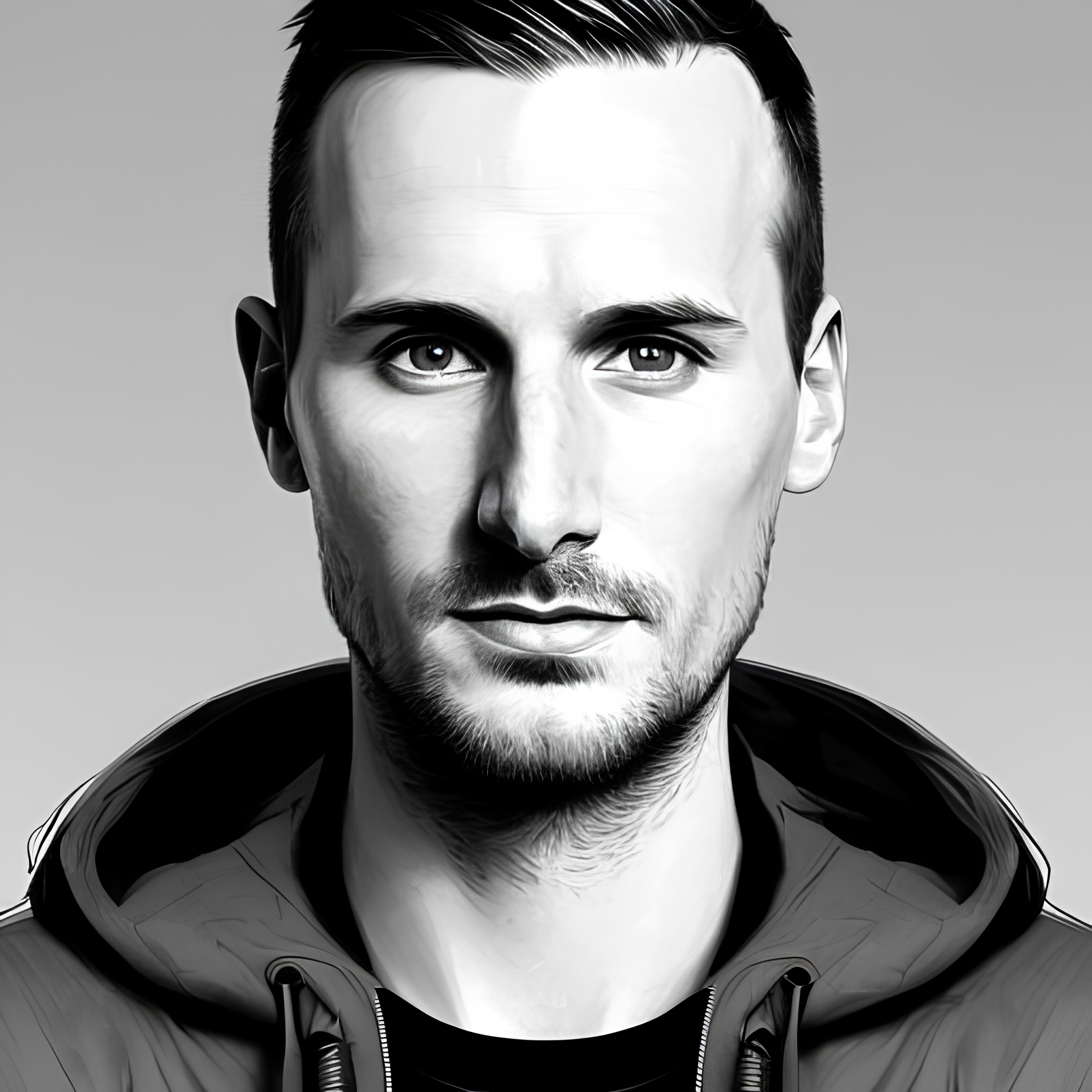Why Digital Ownership Matters.
How Blockchains are Transforming Ownership, Digital Identity, and Empowering Users

The internet has been the most profound and impactful invention in human history, and we have experienced how it changed the world forever. What started as something only interesting for nerds, who created funny-looking websites only visited by other nerds, grew into something the whole world depended upon in their day-to-day lives. It started a wave of innovation that changed the way we live forever.
The internet has connected people across the globe, allowing them to communicate, play games, work remotely, make friends, and have digital experiences.
Those digital experiences have value, just like the digital things we create and buy. But many digital things we buy lack aspects we experience in the physical world.
When we purchase tickets online, they are delivered to us as “E-tickets” via email. However, unlike physical tickets, we do not technically own these E-tickets. This means we cannot give our ticket to someone else if we cannot attend the event.
This raises the question of why we do not own the tickets we have paid for. For example, if we buy a plane ticket, we would expect it to give us the right to a specific seat on the plane. However, we do not technically own that seat and, therefore, cannot sell or transfer it to someone else if we cannot use it. Interestingly, airlines tend to overbook flights since some ticket holders do not show up for their flights.
As digital items continue to hold more value, ownership becomes increasingly essential. As a gamer, I’ve spent countless hours attempting to unlock in-game items, from NBA 2K jerseys to Call of Duty rifles to Apex Legends weapon skins. However, as I grew older and lacked time to grind, I began to pay for these items. Unfortunately, in the case of NBA 2K, these payments added up quickly, and each year, upon the release of the newest game, I found myself starting from scratch.
Digital items like game items, tickets, or digital art have a significant problem — the need for actual ownership. In most cases, the ownership of these items is tracked in centralized databases controlled by providers, who decide what you can and can’t do with them. They pretend to be yours, but in reality, they are not.
Most of these items exist in centralized databases under the complete control of the companies that provide them, creating another issue for digital ownership. Additionally, digital ownership has been complex since the birth of the internet because transferring digital files to another computer can only be done by making a copy.
If I give you a painting in the physical world, it means I no longer have it. However, if I send you a digital artwork over the Internet, we both have it. This makes tracking ownership much harder, and only possible by leveraging a trusted third party to help us keep track of ownership.
Thanks to the emergence of blockchain technology, we can now have a trusted third party that is decentralized and entirely operated by a network of computers. This technology adds a new dimension to the internet, allowing people to own digital items.
It's not just about digital items but also digital identity. Your social media accounts, such as Twitter, Instagram, or TikTok, are not really owned by you. You are essentially renting them, and the companies controlling them can take them away at any moment. Keeping your followers, activity, and creations in a closed system is beneficial to these companies because it creates a "vendor lock-in," making it less likely for you to move to a different platform. With blockchain-based accounts such as Universal Profiles, the power goes back to the user, who has full control over their profile and can take their belongings with them wherever they go. This forces platforms to stay innovative and keep improving the user experience because it's much easier for users to switch to a competitor.
Now that digital ownership is possible, it is up to creators, developers, and companies to build a new area of the internet. Even though the technology is available, this new world will not be built by itself. It requires creatives to leverage this technology to showcase how digital ownership can change things. It needs the nerds and early enthusiasts to build the tools for others to build upon. Similar to the early days of the internet, we need people who understand that digital ownership matters and are willing to work hard to make it accessible to everyone.
